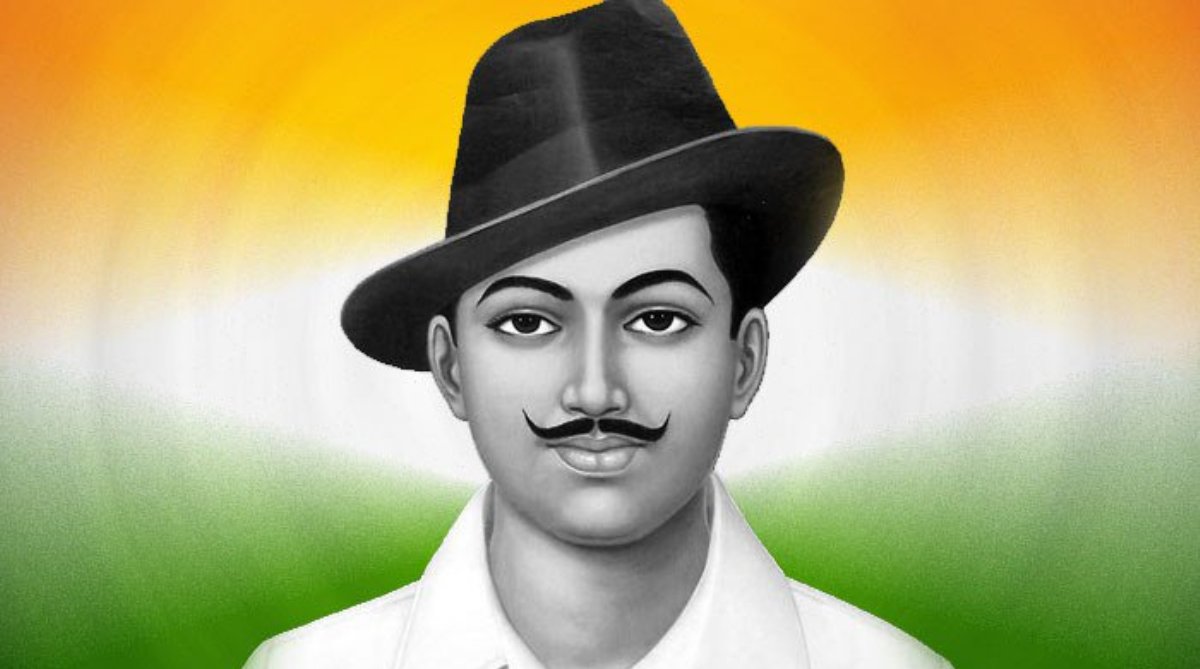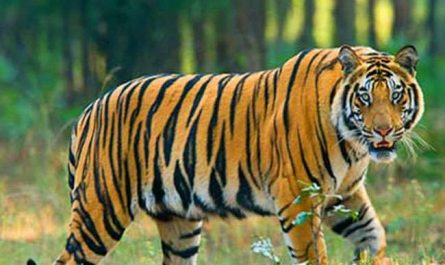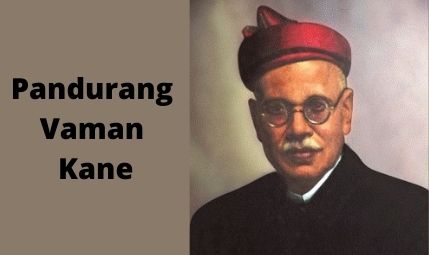Bhagat Singh is one of the most influential Indian freedom fighters in history and was also a Marxist. His significance to Indians is difficult to overestimate. Bhagat Singh was born on September 27th, 1907 in a village called Khatkar Kalan, near Lahore in the state of Punjab.
About Bhagat Singh
Early Life
Bhagat Singh was born in the year 1907 (on September 27th) in Banga village near Layallpur(now in Pakistan). He was named Bhagat Singh by his parents, who were poor farmers. Bhagat’s father had to incur a debt of Rs. 50/- at the time of his birth, to meet the expenses of marriage, and hence could not afford to pay fees for his education after he completed primary schooling.
Bhagat went to live with an uncle in Calcutta who was a teacher, and he admitted him into the Dayanand Anglo-Vedic High School there. After two years of studies, he continued his education at Rajasthan University and completed his BA in Economics.
Joining Party
In 1930 Bhagat Singh joined the Indian National Congress and was regularly elected to its student committee. Bhagat Singh was one of the founding members of the revolutionary organization ‘Revolutionary Socialist Party’ (RSP) formed in 1931, under the leadership of Rajguru, Sukhdev and Chandrashekhar Azad. At first he tried to work within the Congress and to bring about socialist reforms through peaceful means, but this did not succeed.
Bhagat Singh became a member of the Hindustan Socialist Republican Association (HSRA) when he was just thirteen years old. The HSRA aimed to overthrow British rule by violent means and its members were disillusioned with Gandhi’s policy of non-violent civil disobedience, which they saw as ineffective and immoral. The HSRA had already planned the bombing of the District Superintendent of Police in Lahore and had also used intimidation tactics to recruit volunteers for their cause.
Killed Scott
In 1932, Bhagat Singh along with Nadeem Purandare and Sukhdev took part in the bomb attack on the Central Legislative Assembly in Lahore. Bhagat and his friends were arrested after the blast, but were released on bail a few hours later.
Bhagat Singh was arrested yet again due to suspicion that he had led an attack planned for October 9th, 1932 on police station “Sopore” near Bara-Dullah village of Bhaderwah district in Jammu and Kashmir. The three colleagues had escaped from jail by disguising themselves as pilgrims. Bhagat Singh was released on bail, but he had to leave for Calcutta.

In 1933, Bhagat Singh had another attempt at sabotaging the law and order machinery by blowing up the railway platform near Jallianwala Bagh in Amritsar. He was again arrested at the time and sentenced to seven years imprisonment.
Bhagat Singh was arrested yet again on December 17th, 1934 after a bomb attack on the Deputy Superintendent of Police in his house in Lahore. After two months of interrogation, he was sent to Wardha Central Jail where he remained till 1936. In that year Bhagat Singh’s mother passed away, and his lawyer Harkishan Singh became his trustee.
Become Freedom fighter
On April 8th, 1929 Bhagat Singh along with his three associates—Sardar Shivaram Rajguru, Shivaram Kalluri, and Sukhdev Thapar—were arrested by members of the Special Branch in Lahore. Shortly before his arrest, he completed a course at night at the Feroz Shah Kotla jail school. While he was in this programme, he wrote many letters to young men who were fighting for India’s freedom and asking them to join him in taking action against the British. These letters were recovered by the police and are of great historical significance. In his letters he stresses the moral necessity for revolt, appealing to those fighting for freedom in India to come together and seek the ‘liberation of our caste and creed from British tyranny.’
After the arrest of Bhagat Singh and his associates. They were initially subject to brutal interrogation. Which included the use of physical torture. However, they refused to reveal any information. Instead issued a statement that argued that they had a duty to take up arms against British oppression. Therefore refused to answer any questions. At first the three men were charged with an offence under Section 124A (sedition) of the Indian Penal Code for having distributed pamphlets called ‘Why I Am An Atheist’, written by Kram Nath Dasgupta. These pamphlets attacked orthodox religion and stirred up feelings against the British. The three men pleaded not guilty.
Writing songs for revolution
The first song Bhagat Singh ever wrote was called ‘Bande Mataram’ (which is sung in Sanskrit and translates as ‘Hail to mother India’). It is a hymn dedicated to all those who struggle against injustice and oppression. He later wrote ‘Vande Mataram’ as well as many songs that celebrate Indian culture and traditions.
Death of Bhagat Singh
Bhagat Singh executed on March 23rd, 1931. During the trial, he gave a speech. Which is considered by many to be his finest piece of oratory ever written. It set out his philosophy of life and has since become the ideological basis of the Congress party. The speech is entitled ‘My Last Words’ and runs as follows:
Here I stand with folded hands, As a soldier bowed down with weapons. With unclosed eyes, gazing far beyond The death-pale horizon. Where the dark-blue sea of death Is waiting for me alone. I am prepared to die and so What have I to fear against such formless fate? Like a soldier, I have faced death, Erected my body that none may pity, and felt not afraid. Long since the time when through the paths of my childhood I strode proudly with the soldiers Of my country. From glory has fallen from these eyes, My strength is spent, The end draws near.
With folded hands as a soldier
The world knows me as an enemy of Britain’s rule. But this is not true. What I think and what I feel are like other men. I am no enemy of Britain.




